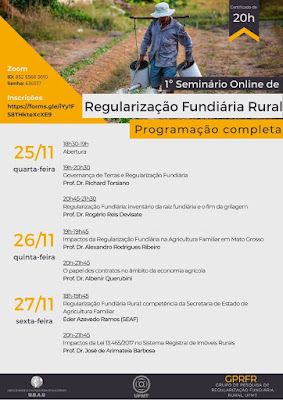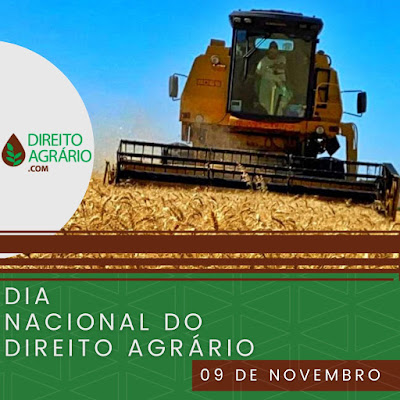Two local perspectives of
Hispanic culture in wine, one from each coast of the United States, stood out
to me this year, both in terms of the wines themselves and the manner in which
they expand the narrative of Spanish speakers in the industry. They’ve been on
my mind particularly as we head into the end of the year and the holiday
season.
First, on the east coast, I
recently revisited a selection of wines from the Rivero González family’s RGNY
project on the North Fork of Long Island. As I searched for unusual
contributions to bring to our Thanksgiving holiday table, preferably a textural
white wine that adds to the conversation as well as the meal, I was drawn to
RGNY’s 2018 Viognier both for its versatile characteristics in the glass (to me
it managed to balance baked yellow apple as well as bright citrus and
pineapple) as well as for its narrative.
After planting their first
vineyards in Parras, Coahuila, México more than twenty years ago, RGNY is the
family’s first project in the US. That they decided to do so on Long Island
piques curiosity, along with their bottlings of white merlot, cabernet franc
and sparkling wines. Whether you can find these selections in your market or
you order them online, they’re well worth seeking out.
On the opposite coast, a small
group of winery owners and winemakers in Oregon joined together to form
“Celebrating Hispanic Roots,” an educational and philanthropic initiative
programmed during Hispanic Heritage Month (September 15 to October 15) for its
inaugural presentation this year. As small business owners, members of the
group aimed to give back to the Spanish-speaking community in Oregon as they
displayed, through commentary offered bilingually, the diversity of Hispanic
cultures from Latin America and Spain.
I had watched the virtual panel when it aired initially last month, moderated by James Beard
Award-winning wine writer and Four-Top podcast host and producer Katherine
Cole, and featuring members of the group Ximena Orrego from Atticus Wine, Carla
Rodriguez from Beacon Hill Winery, Sofia Torres from Cramoisi Vineyard and
Winery, Cristina Gonzales from Gonzales Wine Company, Sam Parra from Parra Wine
Co. and JP Valot from Valcan Cellars.
Here were four takeaways from
that conversation which, as one panelist commented, illustrate a different way
to “hear” the wine industry.
Expanding the
Narrative as Entrepreneurs
“Hispanic culture has a very
entrepreneurial leaning,” said Carla Rodriguez of Beacon Hill Winery,
commenting on the fact that each member of the group is also a small business
owner. “You rely on your family to move ahead, be your own boss, chart your own
destiny.” At the end of the day, she said, you’re running your own company,
helping to grow the country and providing employment. “Ultimately we’re
expanding the narrative of our culture, one that shows leadership as well.”
“It’s Not Out of
Reach”
Cristina Gonzales from
Gonzales Wine Company noted the ability of the group to inspire and empower the
Latino and Hispanic community. “If they can see what we’re doing as small
business owners and entrepreneurs, that we’re out here doing it, it inspires
and empowers people to forge their own path,” she said. “It’s not out of
reach.” Part of the purpose of “Celebrating Hispanic Roots” is to let the
Latino community know that there are educational and scholarship resources available
to them.
Noting the
Disproportionate Impact of the Pandemic
Ximena Orrego from Atticus
Wine and JP Valot from Valcan Cellars noted the disproportionate impact that
the year’s challenges have had on the community. With a high percentage of
vineyard workers being Latino, they’re “more exposed to the pandemic,” Valot
said. “They can get it at work and bring it home. Then [there were] the
wildfires and the smoke, which meant another downturn in labor during harvest
when the pickers make good money. It was a perfect storm for our workers. It’s
a bad situation now. We’ll get better, but this vintage is a big challenge,
especially for the Latino population in general.”

Later in the conversation,
Carla Rodriguez described another consideration for Latino workers in the
vineyards: “They know the vineyard better than us [because] they’re out there
grinding it out 365 days a year,” she said. She holds wine tastings for her
vineyard crew of ten to twenty people throughout the year, in order to show
what their hard efforts have resulted in and for them “to have an understanding
of the fruits of their efforts,” Rodriguez said.
On the Potential
of Latino Clients
Sam Parra of Parra Wine Co.
recognized the support for Latino businesses from both inside and outside the community.
“We’ve had great success from Latino clients,” he said, and others “who may not
be Latino clients but they want to support a Latino business.” Sofia Torres
from Cramoisi Vineyard and Winery commented on the “big potential to grow that
market that is waiting for us in Williamette, to welcome the Hispanic people to
tasting rooms and events.”
When asked about trends among
Latino consumers, Cristina Gonzales pointed to consumers being able to identify
with the winery. “We speak Spanish and there is wine available at a price they
can afford that they want to try,” she said. “They want to make that connection
with someone there.”










